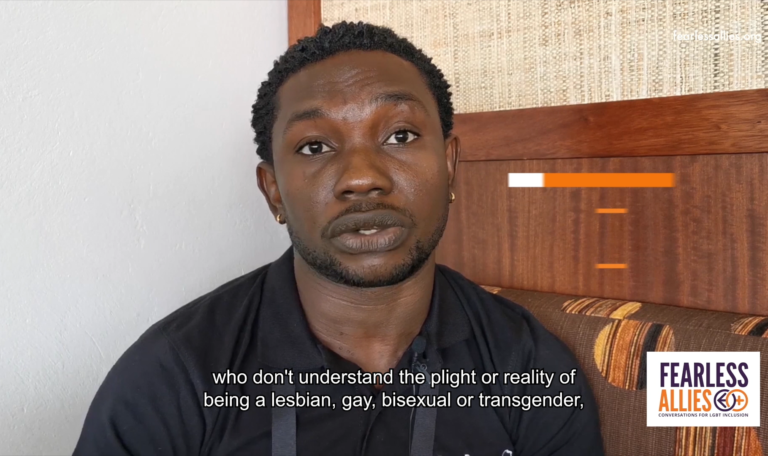
X
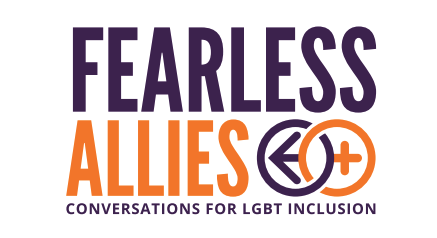
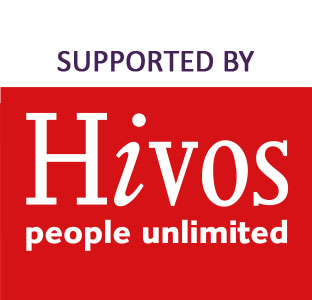
Religion and religious leaders have an influential impact on society at large and especially on the social inclusion of LGBTIQ+ people. They have the power to change the course of history through alliances and commitments that safeguard human lives. The action of these allies reconfigures religion itself, allowing it to be a space to not only think about life, but to defend life in its entirety.
Agents of faith become agents of justice, promoting human rights. some contexts, policy change, to support LGBT+ people of faith and allies.
For this series, we have interviewed eight Global South religious leaders regarding how they became allies and the theological ideas underpinning their allyship. These leaders were chosen from various religious traditions. We believe that these stories can provide roadmaps for others about how and why to become an ally to LGBT+ people.
DIALOGUE IS THE EXCHANGE OF PERCEPTIONS; it is the sharing of understandings, which, although diverse, have a common basis in humanity.

In this sense, dialogue with and between religious leaders is a fundamental tool in the structuring of the world. Religious leaders influence public opinion because their viewpoints have an impact on notions of morality.
Consequently, religious dialogue on the inclusion and promotion of LGBT+ people has an influential impact on society at large; it has the power to change the course of history through alliances and commitments that safeguard human lives. Dialogue implies action. The action of these allies reconfigures religion itself, allowing it to be a space to not only think about life, but to defend life in its entirety.
Agents of faith become agents of justice, promoting human rights. some contexts, policy change, to support LGBT+ people of faith and allies.
We have interviewed eighteen religious leaders regarding their success stories of inclusion and dignity of LGBT+ persons in faith communities, and about how they became allies if they are not LGBT+. These leaders were chosen from various religious traditions, such as Judaism, Old Catholic of the Americas, Hinduism, Methodist, Traditional African, Roman Catholic and Islam. Some of these people are part of the LGBT+ community and others are allies of the cause. The plurality of religious expression, gender identity and sexual orientation of the interviewees allowed for a diversity of answers to be collected, resulting in nine core strategies to foster dialogue between religious leaders and LGBT+ people regarding LGBT+ issues and human dignity.
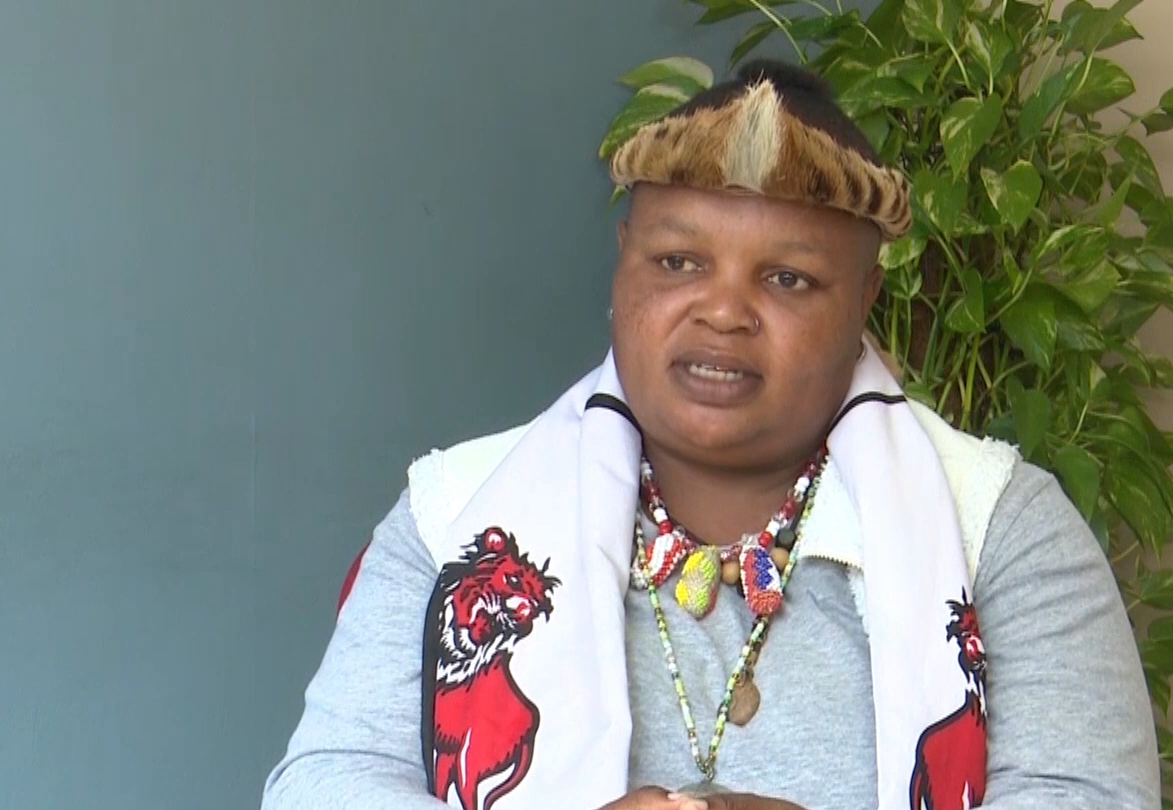
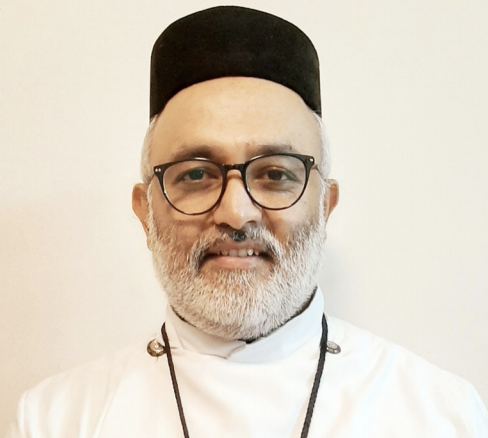
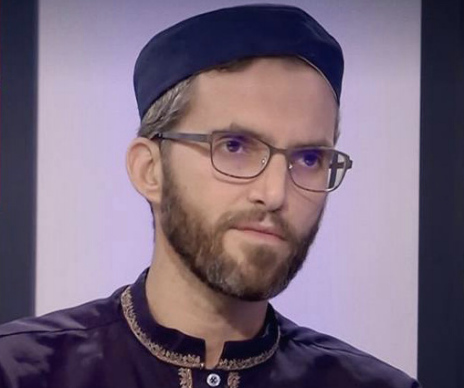
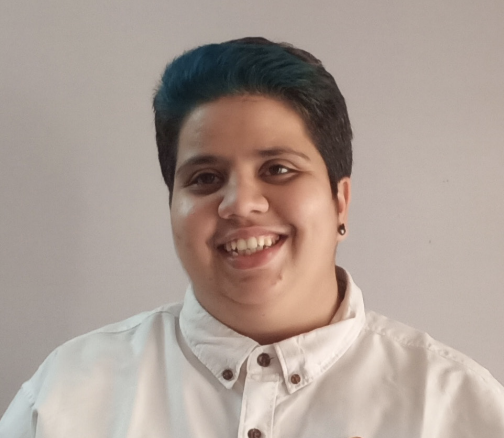
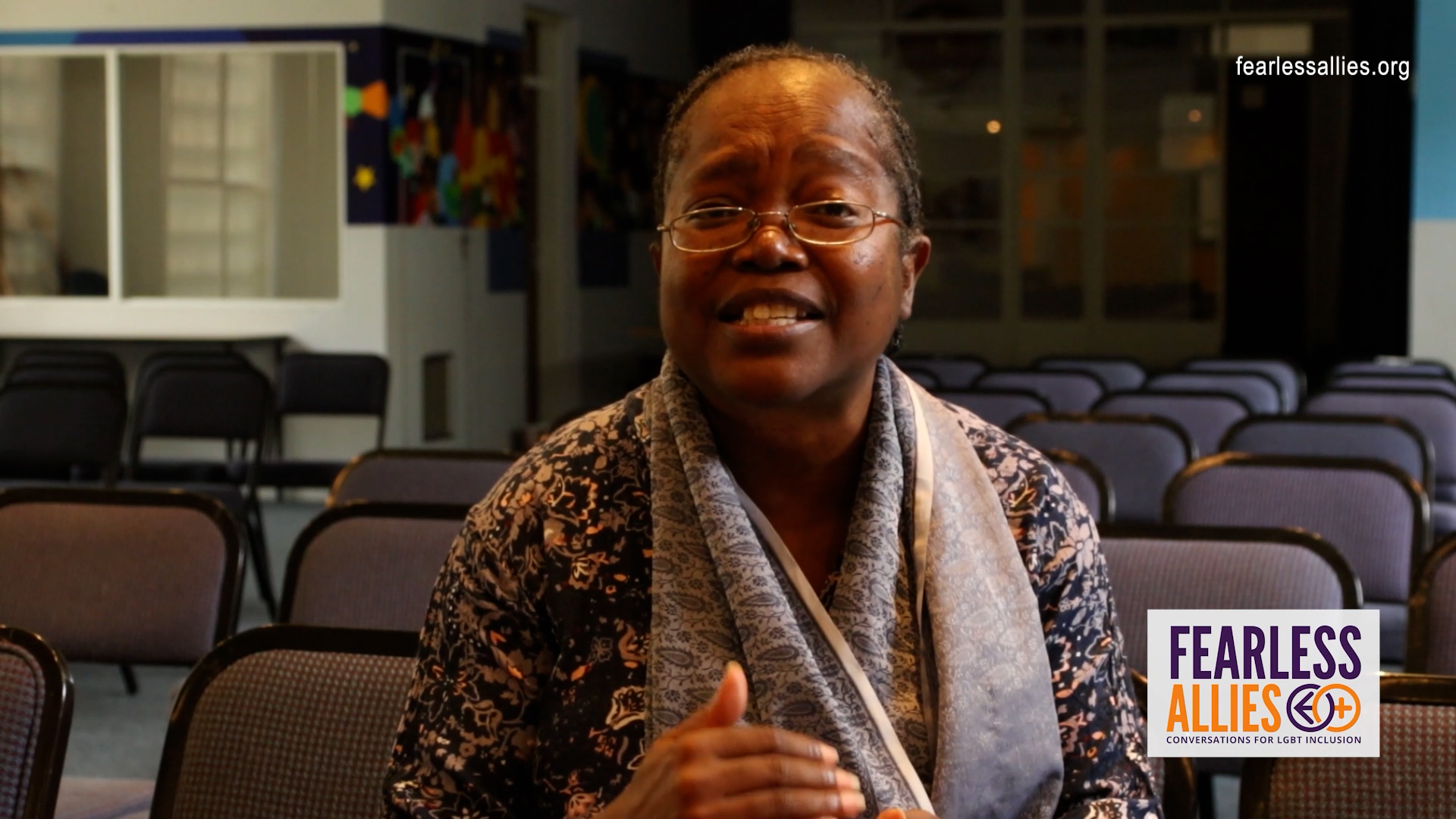
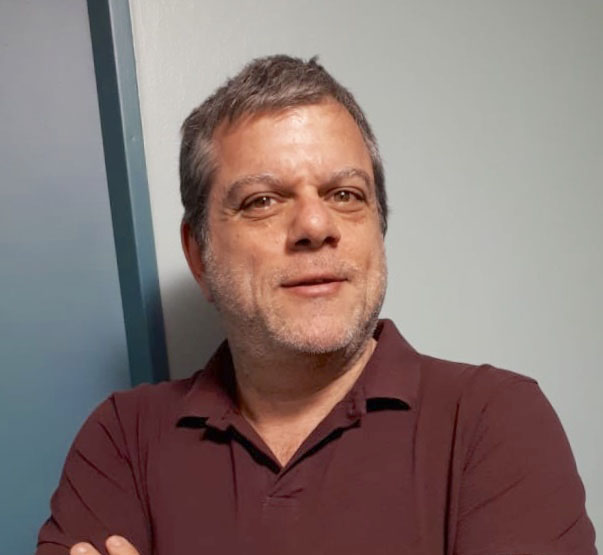
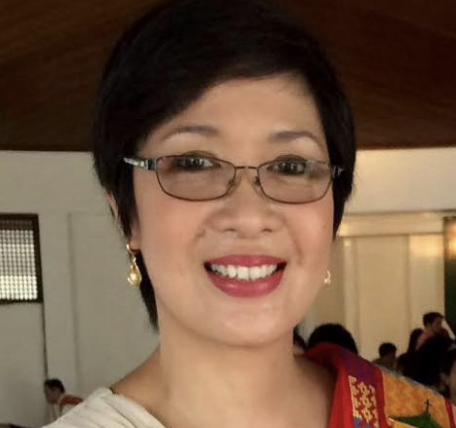
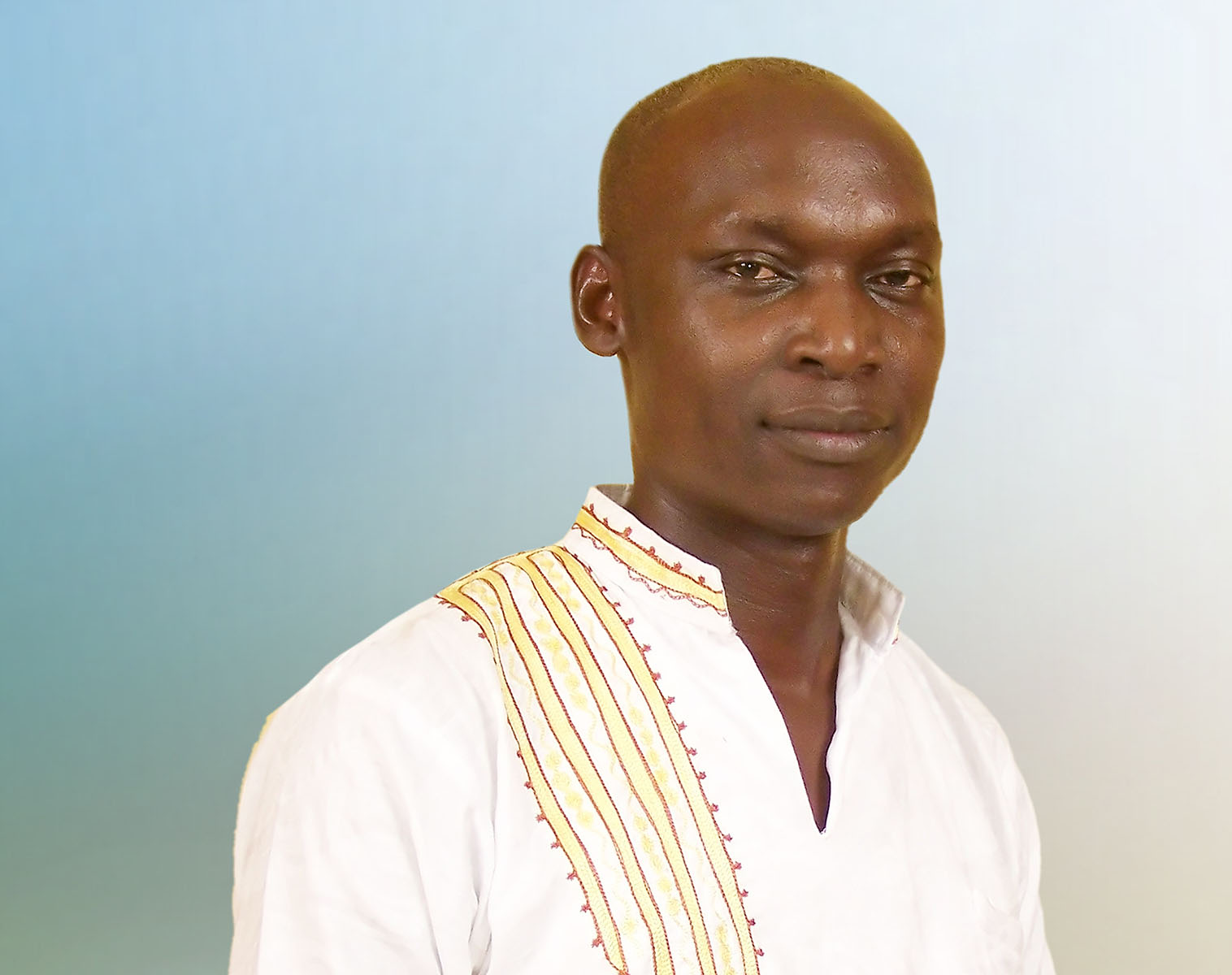
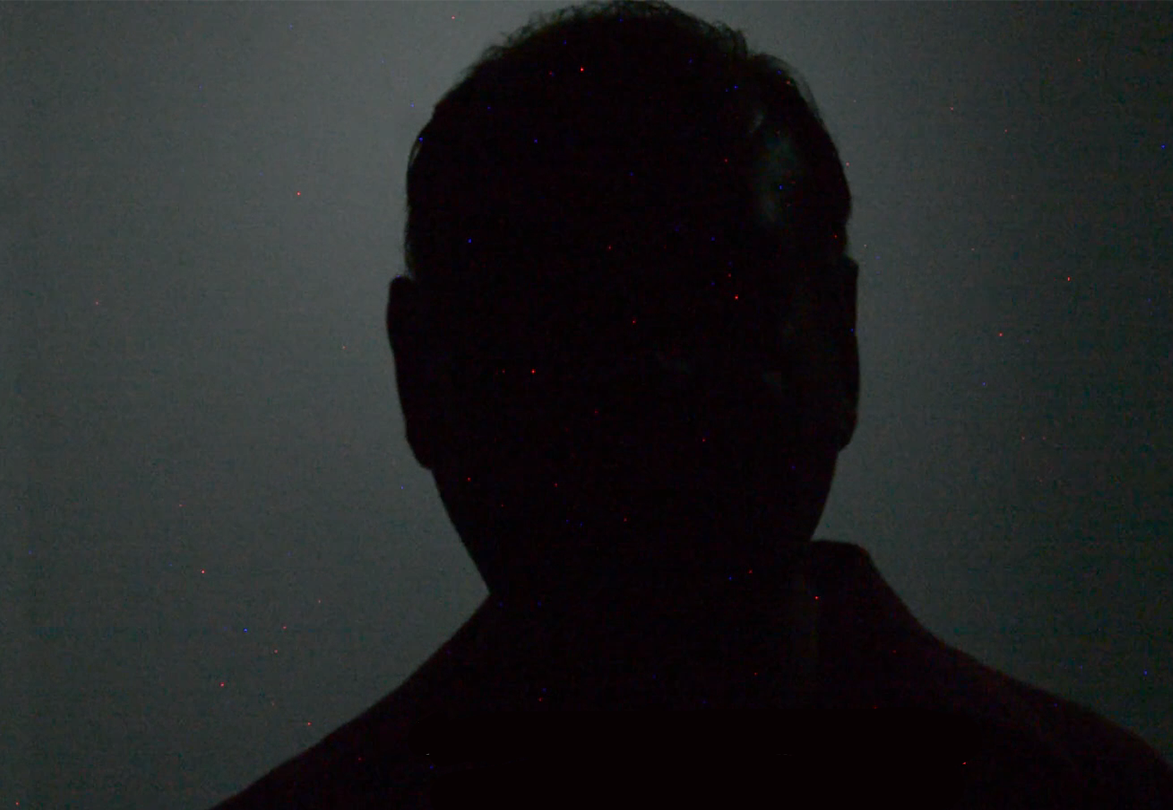



TOOLKITS
Interfaith LGBTQ Toolkit: resources to empower Michigan faith groups to strengthen their welcoming, advocacy and service on behalf of people who are lesbian, gay, bisexual, transgender, queer (LBGTQ) (Michigan Unitarian Universalist Social Justice Network with a grant from the Community Foundation for Southeast Michigan)
https://www.uujustice.org//wp-content/uploads/2019/04/LGBTQ_Toolkit_Final-1.pdf
ALL IN GOD’S FAMILY – Creating allies for our LGBT Families (Institute for Welcoming Resources)
http://welcomingresources.org/AllinGodsFamily.pdf
HEARTS SET ON PILGRIMAGE – preparing LGBTI people of faith to participate in dialogue with religious leaders (Positive Vibes, FRI, FOCCISA and GIN)
https://gin-ssogie.org/wp-content/uploads/2023/09/HSOP-v2.0_sample.pdf
FAITHBOOK: A Guide to Faith and Spirituality for Lesbian, Gay, Bisexual and Trans People (The Lesbian and Gay Foundation)
https://www.tradesexualhealth.com/download.php?i=3031&f=file
DIALOGUE FOR TRANSFORMATION – a toolkit (Inclusive and Affirming Ministries)
http://iam.org.za/wp-content/uploads/2019/04/Dialogue-Manual_WEB.pdf
ALL IN GOD’S FAMILY: a Jewish Guide for Creating Allies for Our LGBT Families (National Gay and Lesbian Task Force’s Institute of Welcoming Resources)
http://welcomingresources.org/KolBmishpachatElohim-4.pdf
CELEBRATING GENDER AND DIVERSITY: a toolkit on gender identity and trans experiences for communities of faith (The United Church of Canada)
https://united-church.ca/sites/default/files/trans-kit_2019.pdf
TRIBAL EQUITY TOOLKIT: Tribal Resolutions and Codes to Support Two Spirit and LGBT Justice in Indian Country (Native American Program of Legal Aid Services of Oregon, the Indigenous Ways of Knowing Program at Lewis&Clark Graduate School of Education and Counseling, the Western States Center, the Pride Foundation, and Basic Rights Oregon) https://graduate.lclark.edu/live/files/12737-tribal-equity-toolkit
LA LIBERTAD RELIGIOSA Y LAS PERSONAS LGBTI – cuaderno para el diálogo sobre los Derechos Humanos en El Salvador (Cristosal)
https://www.academia.edu/25638338/La_Libertad_religiosa_y_las_personas_
LGBTI_Cuaderno_para_el_dialogo_sobre_los_Derechos_Humanos_en_El_Salvador
PROGRESSIVE INTERPRETATIONS OF GENDER DIVERSITY AND SEXUALITY – A GUIDELINE TO UNDERSTAND THE HUMAN BODY AND GOD (Christian-Islam): (Gaya Nusantara Foundation)
https://drive.google.com/file/d/1hapKc1P_paODiXQ7viN-KYZQBQpY6lPD/view
ISLAM, SEXUAL DIVERSITY AND ACCESS TO HEALTHY SERVICES
(APCOM Foundation) https://www.apcom.org/sites/default/files/discussion_paper-islam12.pdf

GIN is an international membership-led non-profit organisation that promotes safety and inclusion for all people of faith and spirituality, especially for people that often are discriminated against on the basis of their sex, sexual orientation, gender identity and/or gender expression. GIN advocates for safe spaces, policy inclusion and for the support and acceptance of all sexual and gender minorities for whom their faith is an important life-giving source.
Speaker on the panel of the event “Ethics of Reciprocity Event“, October 2017, New York
Speaker on the panel of the side event “Reclaiming Faith and Family by the LGBTIQ Community“, March 2018, CSW62, New York
Moderator on the panel of the side event “Religious Communities Affirming LGBTI People Around the World“, July 2019, HRC41, Geneva
Speaker on the panel of the side event “Recognition and Respect for Family Diversity“, July 2020, HRC44, Geneva (online).
Tuisina is a survivor of institutionalised discrimination, spousal gender based violence, racial profiling, and trans violence, discrimination and persecution. She lives her truth as a proud faafafine and trans woman of colour from Samoa, a human rights defender and a former corporate In-house Counsel. She practices in trade marks and intellectual property law, and holds a Masters of Intellectual Property Law and a Masters of Law (Inhouse Practice). Born, raised and educated in Samoa, she currently works and lives in Brisbane Australia as a single parent with two adopted sons. She has over 15 years of volunteer experience in international NGOs where she leverages her specific skillset from the private sector and corporate Australia to help NGO’s she is involved with. Not only is she a fierce advocate for LGBTIQ communities with a focus on the intersectionality of indigenous, trans, interfaith, environment, and economic justice issues, she navigates her Catholic core in her absolute belief in the Gospel of Matthew: 7 where “by their fruits you will recognise” – seeding and planting fruits of safety, refuge and salvation, by sharing her truth, her journey. She is a former Co-Chair of GIN-SSOGIE helping it to flesh out the need as an LGBTIQ affirming space for different theologies for our rainbow communities across the globe, believing this to be especially ever more so important in the current times when our LGBTIQ communities all over the world face increasing and continued State sponsored criminalisation, violence, discrimination, and oppression justified by religious rhetoric and persecution and cultural and customary laws.
Speaker on the panel of the side event “Reclaiming Faith and Family by the LGBTIQ Community”, March 2018, CSW62, New York
Speaker on the panel of the side event “Pre-Colonial Societies on gender and Sexuality“, September 2019, HRC42, Geneva
Yvette Abrahams holds a Ph. D. in Economic History from the University of Cape Town. She has consulted for government and various NGO’s on issues relating to gender equality in policy and practice, while publishing widely both locally and internationally on gender equality, queer theory, climate change as well as the history of First Nations South Africans. She served as Commissioner For Gender Equality where she headed their programmes on poverty, energy and climate change. She subsequently worked as Advisor to Project 90 by 2030, an NGO which focuses on food security, energy, and promoting renewable energy and energy efficiency entrepreneurship in the context of climate change, She served as Commissioner on the University of Cape Town’s Institutional Reconciliation and Truth Commission. Today she runs a small business making organic carbon neutral soaps and body products on her smallholding east of Cape Town. Her blog is www.khoelife.com, and she can be contacted at khibomsis@gmail.com
Speaker on the panel of the side event “Pre-Colonial Societies on gender and Sexuality“, September 2019, HRC42, Geneva
Executive Director, Blue Diamond Society (BDS)
President of the Board, Federation of Sexual and Gender Minorities Nepal (FSGMN)
Former Co Chair of ILGA Asia
Founder Member of the Board, Asia-Pacific Transgender Network (APTN)
Manisha Dhakal is transgender womsn (male to female). She is LGBTI rights activist from Nepal. She has been involved in Nepal’s LGBTI rights movement since 2001 through different projects on HIV/AIDS, human rights activism, constitutional campaigns, advocacy, capacity building, academic research, and others. Manisha is currently the Executive Director of Blue Diamond Society (BDS), Nepal’s leading LGBT rights organization. Regionally, Manisha is one of the founder member of the Asia-Pacific Transgender Network representing South Asia. She is one of the former Co-Chair of ILGA Asia Board. She is also board member of IRGT; A Global Network for Trans women and HIV. She was awarded the “Nai Ram Laxmi” National award in 2010 for her contributions to the LGBTmovement in Nepal. On 21 December 2007, the Supreme Court of Nepal issued a landmark verdict directing the government to enact laws enabling equal rights to LGBT citizens. Manisha was involved in court pleadings on this case on behalf of LGBT people before the SupremeCourt. Manisha possesses a master’s degree in finance from Shanker Dev Collage, Kathmandu.
Speaker on the panel of the side event “Pre-Colonial Societies on gender and Sexuality“, September 2019, HRC42, Geneva
A French Muslim born in Algeria in 1977, Imam Ludovic is known as Europe’s ‘gay imam’. An acknowledged intellectual, he is an expert on the Quran and an AIDS activist. As a young child he was delicate, slender and shy. His father called him a pansy and eventually stopped even looking at him. At school in France teachers would ask if he was a boy or a girl. When he was 12 years old he turned to a mosque for answers and became a staunch Muslim. He later entered a Salafist brotherhood and studied in Mecca to become an imam.
Speaker on the panel of the side event “Religious Communities Affirming LGBTI People Around the World“, July 2019, HRC41, Geneva
Bochra Bel Haj Hmida is a Lawyer at the Court of Cassation, co-founder of multiple associations and networks, activist for human rights and women’s rights, former President of the Tunisian Association of Democratic Women, former member of the Assembly of People’s Representatives, chairwoman of the Committee on Individual Liberties and Equality, Member of several regional and international networks including Chair of the Committee on Violence against Women G7.
Speaker on the panel of the side event “Religious Communities Affirming LGBTI People Around the World“, July 2019, HRC41, Geneva
Fr Thomas Ninan is a Priest of the Indian Orthodox Church, working with the National Council of Churches in India, Nagpur as the General Coordinator of the ESHA Project which engages churches, theological colleges and other faith communities across India in the area of Human Sexuality and Gender Identities. As Coordinator of the National Ecumenical Forum for Gender and Sexual Diversities of the NCCI, he engages a passionate group of champions, striving for a gender neutral, inclusive society in India. He is a member of the World Council of Churches Reference Group on Human Sexuality and the Global Interfaith Network.
Speaker on the panel of the side event “Religious Communities Affirming LGBTI People Around the World“, July 2019, HRC41, Geneva
Ankit Bhuptani is an LGBTQI Rights activist, seasoned Public Speaker and Corporate Social Responsibility (CSR) professional with 10+ years of experience in the diversity and inclusion space, Recognized for working well with people from different backgrounds with a primary focus on LGBTQIA+ community. He was awarded ‘Global Diversity & Inclusion Leadership Award’ by the World HRD Congress. Ankit has been a member of core committee organisation Mumbai LGBT Pride since 2011. He is passionately working for inclusion in education, workplace & faith through the LGBTQI lens. He founded ‘Queer Hindu Alliance’ which connects to dots between Hinduism & LGBTQIA+ Community from an Indic lens
Speaker on the panel organised by the UN Task Force on Religion – led by Office for Prevention of Genocide with UN Women; UNAIDS and UNFPA; ACT Alliance – “Preventing gender based violence: the role of religious actors”, March 2019, CSW63, New York
Rev Nokuthula Dhladhla is an ambassador of Global Interfaith Network (GIN), works for South African Network of Religious leaders living with or aftected by Hiv and Aids ( SANERELA+),as a project officer for the UN women trust project. She is a member of the Circle of Concerned African Theologians Women, and a committee member of Association of Christian Religion Practitioners and a founding member of the association called Ashes to Purpose: a healing space for lesbians and gender non conforming people to integrate sexuality and spirituality. The life and experiences of Rev Nokuthula have been documented in several book chapters, and documentaries, including Miriam Dancing by Elise van Wyk, to have and to hold by Melanie Judge, Faces and Phases by Zanele Moholi and different magazines DVD and also at an exhibition “Journeys of Faith – Navigating Sexual Orientation and Gender Diversity” held at the Apartheid Museum in Johannesburg. She has a Diploma in Theology and creates Gender Justice theological resources. Nokuthula has participated in a wide range of religious dialogues, especially with faith leaders working towards greater understanding and tolerance for LGBTIQ people in the faith sector. In 2019 alone, she has spoken at the Commission on the Status of Women and the Human Rights Council in Geneva.
Speaker on the panel of the side event “Religious Communities Affirming LGBTI People Around the World“, July 2019, HRC41, Geneva
Yulia Dwi Andriyanti (She/her), is based in Indonesia. She is a queer Muslim feminist. She co-founded Youth Interfaith Forum on Sexuality (YIFoS) in 2010, an inclusive space for young people from diverse faith and sexual identities to build dialogue on diverse faith and sexuality. She documented her struggle as Muslim and queer woman through a collective film making, titled Children of Srikandi (2012). She is also a co-founder of Qbukatabu (2017), a feminist and queer collective. She loves to archive feminist-queer activism and thoughts; to practice self-care and collective well-being; and to experiencing a vegan life.
Prepared an official statement for the Interactive Dialogue of the Special Rapporteur on Cultural Rights, March 2019, HRC40, Geneva.
Prepared a statement during the 44th HRC session, on the worsening human rights situation in the world due to Covid-19 (June/July 2020).
Speaker on the panel of the side event “The impact of faith on LGBTI people during the COVID-19 pandemic“, September 2020, HRC45, Geneva (online).
Speaker during Outright International’s webinar “Connecting Faith and Advocacy” May 2020, Virtual
Ishmael Bahati is a Kenyan citizen. He is a social activist and a Human Rights Defender for the Sexual and Gender Minorities. He is a holder of a degree in Developmental studies, Religious studies among others. Ishmael is a trained public speaker under the speaker’s bureau of the Global Interfaith Network and also holds different positions locally and internationally, such as a board member of the Gay and Lesbians Coalition of Kenya and Global interfaith network.
His Human Rights work has been recognized by the Inner Circle (Currently Al-Fitrah Foundation) in South Africa and the Defenders Coalition of Kenya (Formerly National Coalition for Human Rights Defenders).
Speaker on the panel of the side event “Religious Communities Affirming LGBTI People Around the World“, July 2019, HRC41, Geneva
Rev. Dr. Brent Hawkes, C.M., is the Founder and Executive Director of Rainbow Faith and Freedom, and Senior Pastor Emeritus of Metropolitan Community Church of Toronto, where he was at the forefront of ministry to the LGBTIQ2S community for over 40 years. On January 14, 2001, he officiated at the first legal same sex marriages in the world. He received the Order of Canada, the Order of New Brunswick and three honorary degrees for his stand on social justice and human rights within the LGBTIQ2S communities.
Speaker on the panel “Gendering the debate on religious ‘hate speech’: What are gender-responsive strategies to tackle hatred on the basis of religion or belief? (organised by by Article 19), March 2019, CSW63, New York
Lini Zurlia is an Indonesian queer feminist activist. She has been involved with issues of women and sexuality, democracy, and human rights in Indonesia for many years. Graduated from Jakarta Islamic University. She was an advocacy co-ordinator for Arus Pelangi (Indonesian LGBTI Federation) and now she is serving us as an advocacy officer. Aside from her daily responsibility work with us, she is also a member of Arus Pelangi Board of Advisory until 2022, member of PurpleCode Collective and the co-founder and festival director of 16Film Festival.’
Speaker on the panel of the side event “The impact of faith on LGBTI people during the COVID-19 pandemic“, September 2020, HRC45, Geneva (online).
Pearl is director of Queer Theology Academy (Hong Kong) that publishes queer theologies in Chinese contexts, and promotes LGBTIQ+ rights in Hong Kong and Asia through advocacy and education. She is deputy convener of “Covenant of the Rainbow: Campaign toward a Truly Inclusive Church” in Hong Kong, that aims to stop discrimination against LGBTIQ+ in churches and religious communities. Pearl is a member of the Global LGBT+ Coalition Group, and also a regular speaker in international conferences on human sexuality, queer theologies, and Asia-Pacific Rainbow Families. Pearl was also one of the eleven global LGBTI religious leaders invited to speak at the 2017 Ethics of Reciprocity Conference at United Nations headquarters, New York, co-organised by GIN-SSOGIE. Pearl Wong holds a degree of bachelor of Divinity from the Divinity School of Chung Chi College, the Chinese University of Hong Kong.
Speaker on the panel of the side event “The impact of faith on LGBTI people during the COVID-19 pandemic“, September 2020, HRC45, Geneva (online).
Dr Leli Darling, Indigenous Fijian Transgender woman, a medical doctor, founder of Transgenders Fiji Network, an overseer organisation for the Human Rights of Trans/Queer/Non-binary/Gender diverse Fijians.
Speaker on the panel of the side event “The impact of faith on LGBTI people during the COVID-19 pandemic“, September 2020, HRC45, Geneva (online).
Noor Sultan has been an activist for 10 years in the area of sexual orientation and gender identity in Egypt and Sudan. In 2010, her co- founded Bedayaa Organization. She worked as Networking and Communication director at Bedayaa Organization for five years before she was elected to be the Executive Director of Bedayaa Organization in 2016. In the last two years Noor contributed to the advocacy movement in Egypt by becoming the general coordinator of the Alliance of Queer Egyptian Organizations. In December 2017, Noor awarded the Human Rights Prize of the French Republic for her great work that influenced the LGBTI movement in Egypt. Noor Sultan is also part of GIN-SSOGIE’s Board.
Speaker on the panel of the side event “The impact of faith on LGBTI people during the COVID-19 pandemic“, September 2020, HRC45, Geneva (online).
Misza Cherniak is an Orthodox Christian and LGBTI+ activist, musician and interpreter, born in Russia and living in Poland. He is a board member of the European Forum of LGBT Christian Groups involved in its advocacy, research and capacity-building work. In 2016, he sent an open letter on behalf of Orthodox LGBT persons to the Holy and Great Council of the Orthodox Church, pleading the Church leadership to acknowledge the existence of LGBT persons within the Church and establishing a dialogue.
Statements made during the Human Rights Council session: during the 45th HRC session, in the interactive dialogue with the indigenous special rapporteur (September 2020), and during the 44th HRC session, on the human rights situation in the Philippines (June/July 2020).
Speaker on the panel of the side event “The impact of faith on LGBTI people during the COVID-19 pandemic“, September 2020, HRC45, Geneva (online).
Rev Kakay Pamaran is a pastor, ecumenist, peace activist, gender justice advocate, and Bible teacher. She currently serves as Coordinator of Union Theological Seminary’s Field Education Office in Dasmarinas in the Philippines. She is also adjunct professor in Scripture and Interpretation. She has a degree in Psychology from Silliman University and a Master of Divinity from UTS. She is completing her course work for her Master of Theology in New Testament and Historical Jesus Research, and convenes the Center for Gender and Sexuality of the Union Theological Seminary.
Statements made during the Human Rights Council session: and during the 44th HRC session, on the worsening human rights situation in the world due to Covid-19 (June/July 2020).
Fidel Mauricio Ramirez Doctor and Master in Education, Human Rights and Citizenship. BA in Philosophy, BA in Theology. Expert in gender, sexualities and religion. Roman Catholic, leader of movements for the recognition and respect of people with diverse genders and sexual orientations in their faith communities.
Speaker on the panel of the side event “The impact of faith on LGBTI people during the COVID-19 pandemic“, September 2020, HRC45, Geneva (online).
Nicolas Panotto, Argentinean based in Chile. Theologian and PhD in Social Sciences. Director and Founder of the Multidisciplinary Study Group on Religion and Public Advocacy (GEMRIP).
Speaker on the panel of the side event “The impact of faith on LGBTI people during the COVID-19 pandemic“, September 2020, HRC45, Geneva (online).
Tarek is a sexual and bodily rights activist from Beirut, Lebanon advocating for the rights and protection of LGBT individuals and groups in the MENA region. He is the Executive Director of Helem, the first LGBT rights organization in the Arab world, founded in Beirut in 2001. Tarek is a specialist on teaching adaptive leadership and is working towards starting the first leadership laboratory in the MENA region focused exclusively on youth, civil society, civic engagement, and conflict transformation. He is a Ford Foundation global fellow, an ELI fellow at the Harvard Center for Public Leadership, and was a human rights fellow at the Carr Center for Human Rights Policy at Harvard. Tarek has previously worked as communications manager and director of strategic planning for the MENA region at both the Brookings Institution and the Carnegie Endowment for International Peace MENA offices respectively. He obtained his BA from the American University of Beirut, his MALD in international relations from the Fletcher School at Tufts University, and his MPA in leadership and advocacy from the Harvard Kennedy School of Government. He currently lives in Beirut with his partner and three cats, all of whom are adorable.
Speaker on the panel of the side event “Recognition and Respect for Family Diversity“, July 2020, HRC44, Geneva (online). Dr Nontando Hadebe is a woman theologian, Research Fellow at the Department of Historical and Constructive Theology, Faculty of Theology and Religion, University of the Free State, Bloemfontein, and chair of the South African Chapter of the Circle of Concerned African Women theologians in South Africa. She is typical African with multiple ethnic backgrounds across countries – Botswana, Ndebele Zimbabwe and ancestors South Africa.